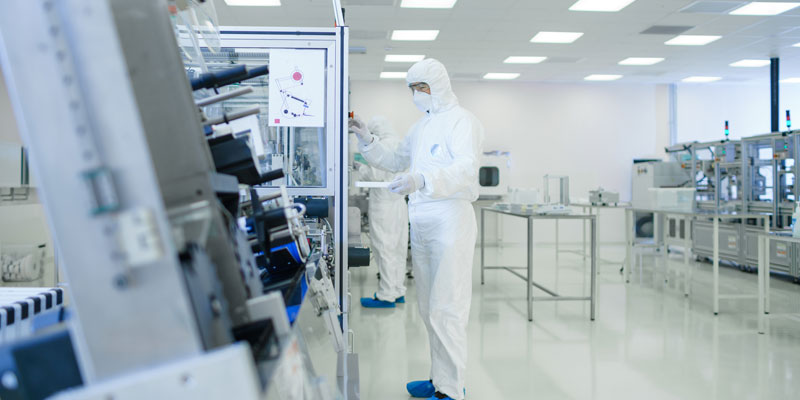Trade deal will hurt—not help—COVID vaccine mission

Back in 2018, Microsoft co-founder Bill Gates noted that the “global community eradicated smallpox, a disease that killed an estimated 300 million people in the 20th century alone. We are on the verge of eradicating polio, a disease that 30 years ago was endemic in 125 countries and that paralyzed or killed 350,000 children per year. And today, nearly 21 million people are receiving lifesaving HIV treatment, thanks primarily to the support of the world community… We need a clear road map for a comprehensive pandemic preparedness and response system, because lives, in numbers too great to comprehend, depend on it.”
If only we had heeded his call.
At this moment, we see the value of preparedness, the importance of innovation, and that we are woefully unprepared. As described by the OECD, the “COVID-19 crisis has laid bare stark weaknesses in our health care systems” and “deficiencies in the research for and supply of drugs and vaccines.”
The bad news can seem overwhelming, but there are glimpses of hope. Vir Biotechnology, a biotech company headquartered in San Francisco, recently announced it has mapped out “multiple antibodies” that can “neutralize” SARS-CoV-2, the virus causing COVID-19. Moreover, the company will kick-start a clinical test as early as this summer. In addition, Moderna, another biotech company, has helped initiate the first human trial of a COVID-19 vaccine, with testing in healthy volunteers. While widespread use of the Moderna vaccine is likely a year away, the company may provide the vaccine to a few health-care workers as early as this fall. And BioNTech and Pfizer are jointly developing a COVID-19 vaccine, with clinical testing in humans likely by the end of April.
This rapid response has not unfolded by accident. The biopharmaceutical industry is uniquely prepared to combat COVID-19 thanks to decades of investing in technology, research and treatments—investments incentivized by the intellectual property (IP) rights protections afforded the industry.
But the COVID crisis, and the industry’s rapid response, remind us that we must continue to support and protect biopharmaceutical innovation. Unfortunately, we seem to be watering down such protections. Late last year, the United States, Mexico and Canada signed the new trade agreement (USMCA), which weakened protections for the biopharma industry by removing provisions that would have extended the exclusivity (essentially, the period of time when brand-name drugs are protected from generic drug competition) of biologic drugs in Canada and Mexico.
Of course, biologic medicines, which are produced from (or contain elements of) living organisms, are expensive. They represent a significant portion of spending on physician-administered drugs. Ironically, this is precisely why IP protections are essential. We need these regulations to incentivize more innovation and create competing products for these drugs. It’s only through additional innovation we will see prices fall, while expanding the treatment choices of patients in Canada and beyond. And it’s only by protecting biologic exclusivity that we will see additional innovation—innovations that give us hope in the midst of this pandemic.
Medical innovation and biopharmaceutical progress will suffer as a result of the USMCA. Canadian policymakers should rethink the exclusivity offered to biologics and protect an industry that brings us treatments, cures and life-saving vaccines.
Author:
Subscribe to the Fraser Institute
Get the latest news from the Fraser Institute on the latest research studies, news and events.

